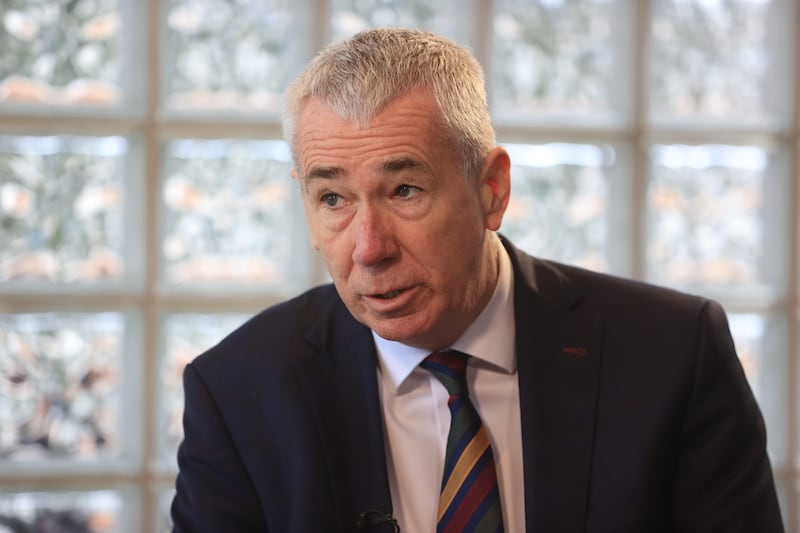Despite hard-hitting advertising campaigns and greater awareness of road safety generally, the number of people losing their lives on our roads remains unacceptably high.
Last year 74 people died, the year before the figure was 79. There was a dip in 2013 when 57 were killed but hopes that we were seeing a downward trend unfortunately were not realised.
The issue for the police, road safety experts and government is how to change driver behaviour to the extent that it leads to a dramatic improvement in the level of road traffic fatalities.
Stormont has been grappling with this problem and last week passed the road traffic bill which includes a range of measures aimed at improving road safety.
The bill represents a major change for drivers and includes lower drink drive limits and a graduated penalty scheme reflecting the amount of alcohol involved.
The current speed restriction on learner and restricted drivers will be lifted to allow motorists to learn how to drive on motorways, which addresses a gap in the current arrangements.
There will also be a mandatory minimum learning period before a novice can take a test while quad users will be required to wear a helmet on public roads.
It is difficult to argue against many of the measures which seem to be common sense.
However, it is the plan to impose night-time restrictions on young newly qualified drivers which is probably the most striking change being proposed in the new bill.
Essentially drivers aged under 24 will face limits on carrying young passengers between 11pm and 6am for six months after they pass their test.
The intention is clearly to reduce the number of accidents involving young inexperienced drivers and is therefore worthy of serious consideration.
Implementing the bill will require further public consultation but with so many dying on our roads, drastic steps are needed to tackle this horrific toll.







